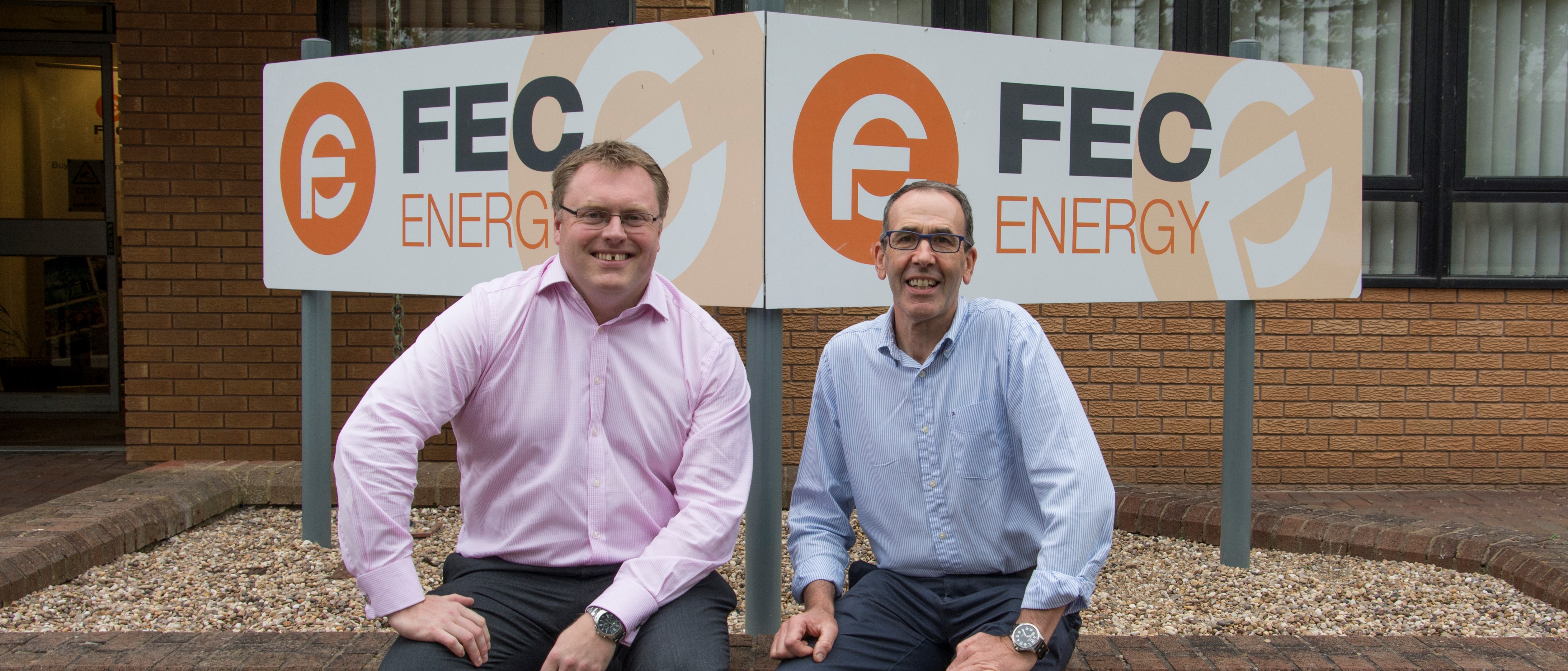Why using SFR is better than Self Reporting?
The Sustainable Fuel Register (SFR) came into operation in February 2017. Anyone using non-wood fuels in their RHI accredited boiler prior to this would have had only one option open to them, to demonstrate that their fuel fulfilled the Sustainability Criteria – Self Reporting.










